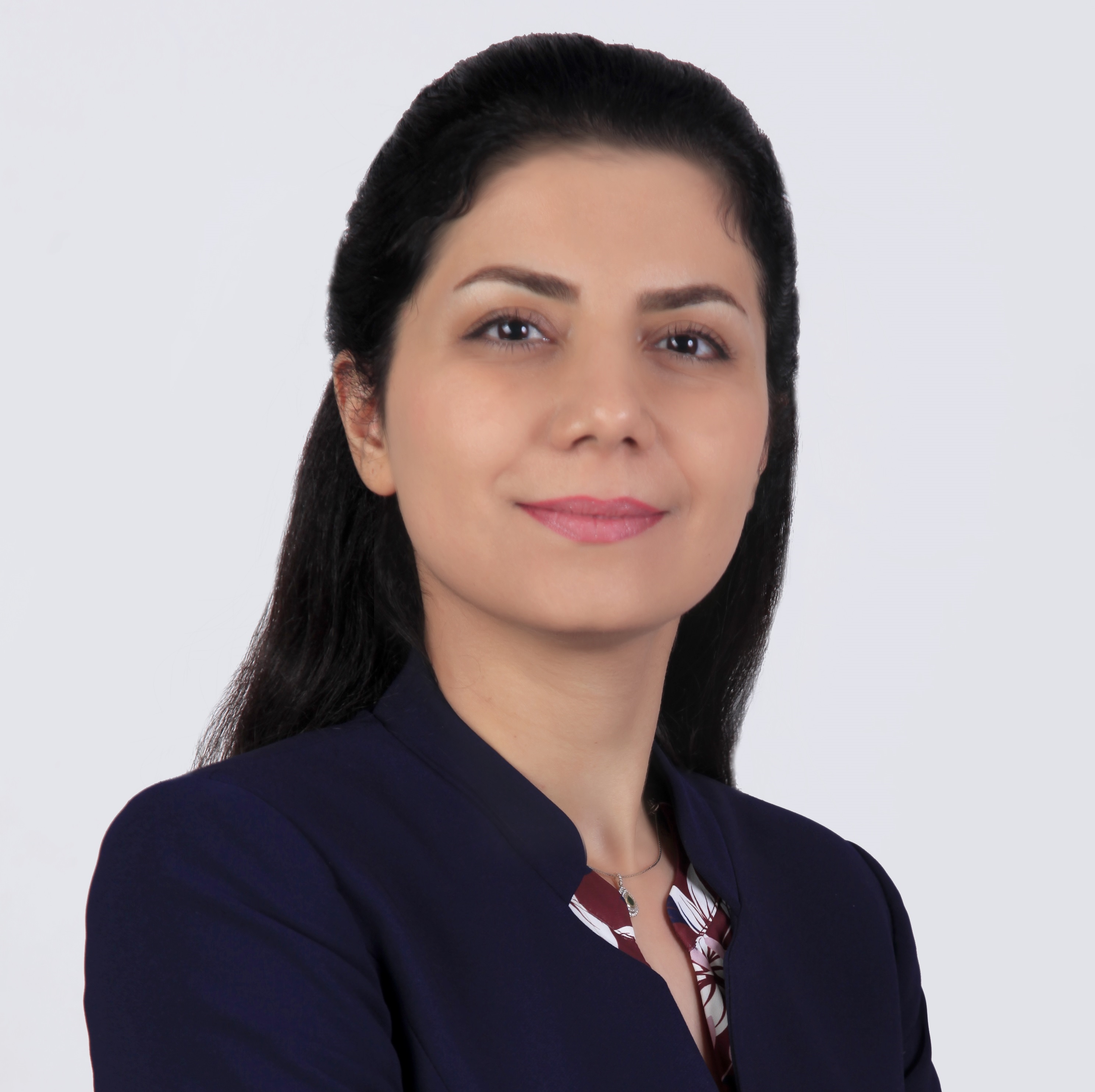1st Workshop on Automated Spatial and Temporal Anomaly Detection (ASTAD)

Overview
Anomalies and outliers in visual data can significantly impact the performance and reliability of computer vision systems. As the applications of computer vision continue to grow across various domains, the need for robust and efficient anomaly detection techniques becomes paramount. This workshop aims to bring together researchers, industry experts, and practitioners to explore the latest advancements in automated anomaly detection methods specifically tailored for computer vision tasks. The primary objective of this workshop is to provide a platform for researchers to share and discuss their cutting-edge research in the field of anomaly detection in computer vision. We seek to foster collaboration, encourage knowledge exchange, and promote the development of novel approaches to tackle the challenges posed by anomalies in visual data. The expected outcome of this workshop is to foster a vibrant exchange of knowledge and ideas among researchers and practitioners in the field. Through insightful presentations, discussions, and interactive sessions, participants will gain a comprehensive understanding of cutting-edge AI-based methodologies for anomaly detection in computer vision. The workshop aims to encourage collaborations, inspire new research directions, and promote the development of innovative solutions to address real-world challenges in anomaly detection. As a result, attendees will leave the workshop equipped with valuable insights and practical tools that will contribute to advancements in anomaly detection techniques, ultimately leading to more robust and reliable computer vision systems across various domains.
Call for Paper
We invite researchers and practitioners to submit their original research contributions to the 1st Workshop on Automated Spatial and Temporal Anomaly Detection (ASTAD), held as part of WACV 2024. This workshop aims to explore the latest advancements and novel approaches in anomaly detection using AI techniques within the domain of computer vision. Topics of Interest (but not limited to):
- Novel AI architectures for anomaly detection in images and videos
- Large-scale anomaly datasets and benchmarking methodologies
- Self-supervised, unsupervised, and few-shot anomaly detection techniques
- Continual Learning for anomaly detection
- Interpretability and explainability in anomaly detection models
- Real-world applications of anomaly detection in computer vision
Submission Site: Microsoft CMT
Schedule
Jan. 08, 2024 (Time below is in Hawaii local time)
- 8:20-8:30 AM: Opening
- 8:30-9:30 AM: Keynote Talk by Prof. Ye Zhu
- 9:30-10:30 AM: Keynote Talk by Prof. Jie Rien
- 10:30-10:40 AM: Break
- 10:40-11:00 AM: Oral Presentation Session
- 11:00-11:30 PM: Keynote Take by Pemula Latha
- 11:30-12:30 PM: Keynote Talk by Prof. Jaemin Yoo
Important Dates
The important dates are as follows:
- Paper submission deadline: Oct 25, 2023
- Author notification: Nov 14, 2023
- Camera-ready deadline: Nov 19, 2023
Speakers

Dr. Jie Ren
Google DeepMind
Prof. Ren is a Senior Research Scientist in Google DeepMind (formerly Google Brain). Previously, she received her PhD in Computational Biology and Bioinformatics, as well as MSc in Statistics, from the University of Southern California. Her research interests span (1) out-of-distribution (OOD) detection in deep learning, (2) uncertainty estimation and robustness of large models, and (3) the development of reliable machine learning and statistical modeling methods for real-world application, with a special interest in biological and medical studies.

Jaemin Yoo
Korea Advanced Institute of Science and Technology (KAIST)
Prof. Yoo is an Assistant Professor in the School of Electrical Engineering at KAIST. Previously, he was a postdoctoral research fellow at Carnegie Mellon University, where he worked with Prof. Leman Akoglu and Prof. Christos Faloutsos. He received his Ph.D. and B.S. in Computer Science and Engineering from Seoul National University, working with Prof. U Kang. His studies were supported by the Google PhD Fellowship and the Qualcomm Innovation Fellowship. He has been honored with the Outstanding Dissertation Awards from Seoul National University and the Korean Academy of Science and Technology. His research interests include data mining, machine learning, graph neural networks, and anomaly detection.

Prof. Ye Zhu
Deakin University
Dr Ye Zhu is a senior lecturer of computer science at the School of Information Technology at Deakin University. He is also the Data to Intelligence (D2i) Research Centre HDR coordinator and Master of Data Science Course CPL Officer. He received a PhD degree in Artificial Intelligence with a Mollie Holman Medal for the best doctoral thesis of the year from Monash University in 2017. Dr Zhu joined Deakin University as a postdoc research fellow in complex system data analytics in July 2017 and then became a lecturer in Feb 2019. Dr Zhu is an IEEE senior member and ACM member.

Dr. Latha Pemula
Amazon AWS AI Labs
Dr. Pemula is an applied data scientist in Amazon AWS AI Labs. She has received her Master in from Virginia Tech. Her master thesis was focused on attention for Visual Question Answering systems. She has worked in numerous top tech companies, including Microsoft and Intel before joining Amazon.
Organizers

Narges Armanfard (Chair)
Assistant Professor
Narges Armanfard is a Tenure-Track Assistant Professor of Electrical and Computer Engineering at McGill University, and Mila - Quebec AI Institute. She is also affiliated with McGill Centre for Intelligent Machines (CIM), McGill initiative in Computational Medicine (MiCM) and McGill Institute for Aerospace Engineering (MIAE). Before joining McGill, she was a postdoctoral researcher in the Intelligent Assistive Technology and Systems Lab at the University of Toronto and University Health Network. She obtained her PhD degree in Electrical and Computer Engineering from McMaster University.

Hadi Hojjati
PhD Student
Hadi received his Bachelor’s degree in Electrical Engineering from Sharif University of Technology, Iran. He started as an MSc student at the iSMART Lab. and fast-tracked to PhD. He has received Graduate Excellence Fellowship Award (GEF), McGill Engineering Doctoral Award (MEDA), GREAT Award, and AGE-WELL Award. He is currently doing research on multi-modal and multi-variate anomaly detection in time-series data.

Thi Kieu Khanh Ho
PhD Student
Khanh received her Master’s degree at Gwangju Institute of Science and Technology (GIST), South Korea. She was a researcher at Seoul National University Hospital (SNUH), South Korea, before moving to Montreal for her PhD. She has received the prestigious McGill Engineering Doctoral Award (MEDA), GREAT Award and is nominated for the prestigious Vanier Scholarship. Her research focuses on time-series data anomaly detection using generative models and graphs.


